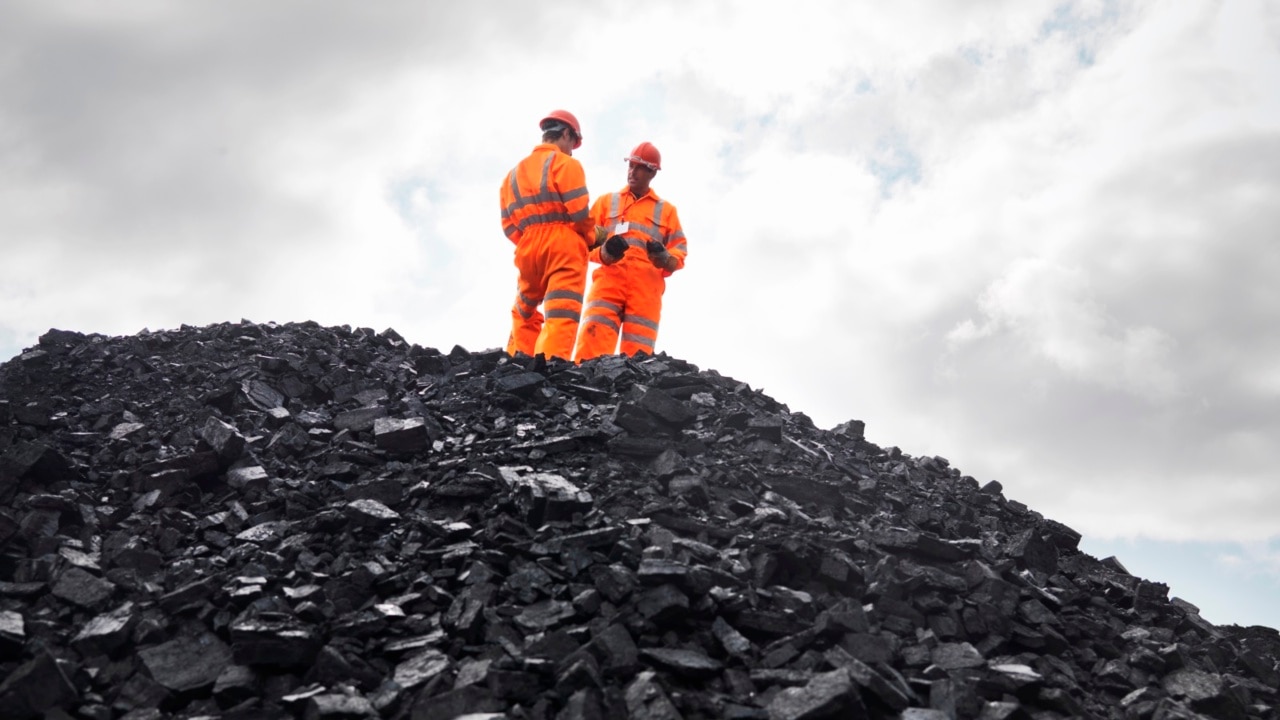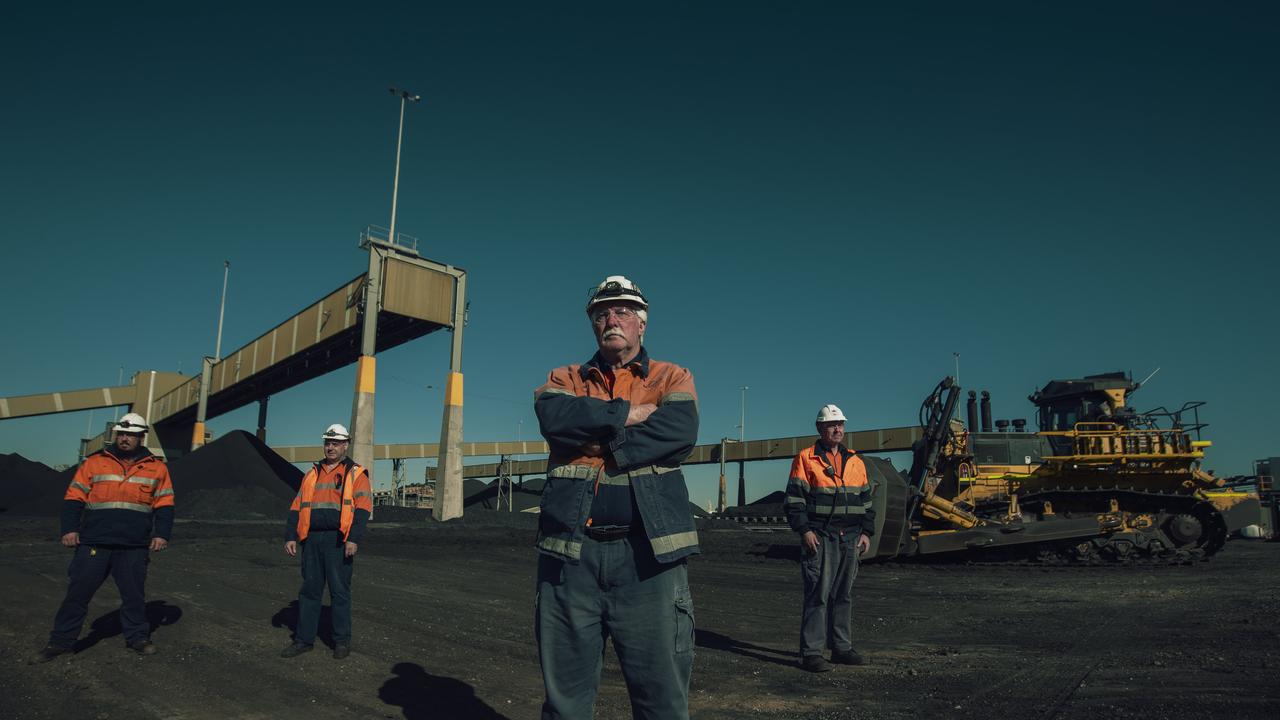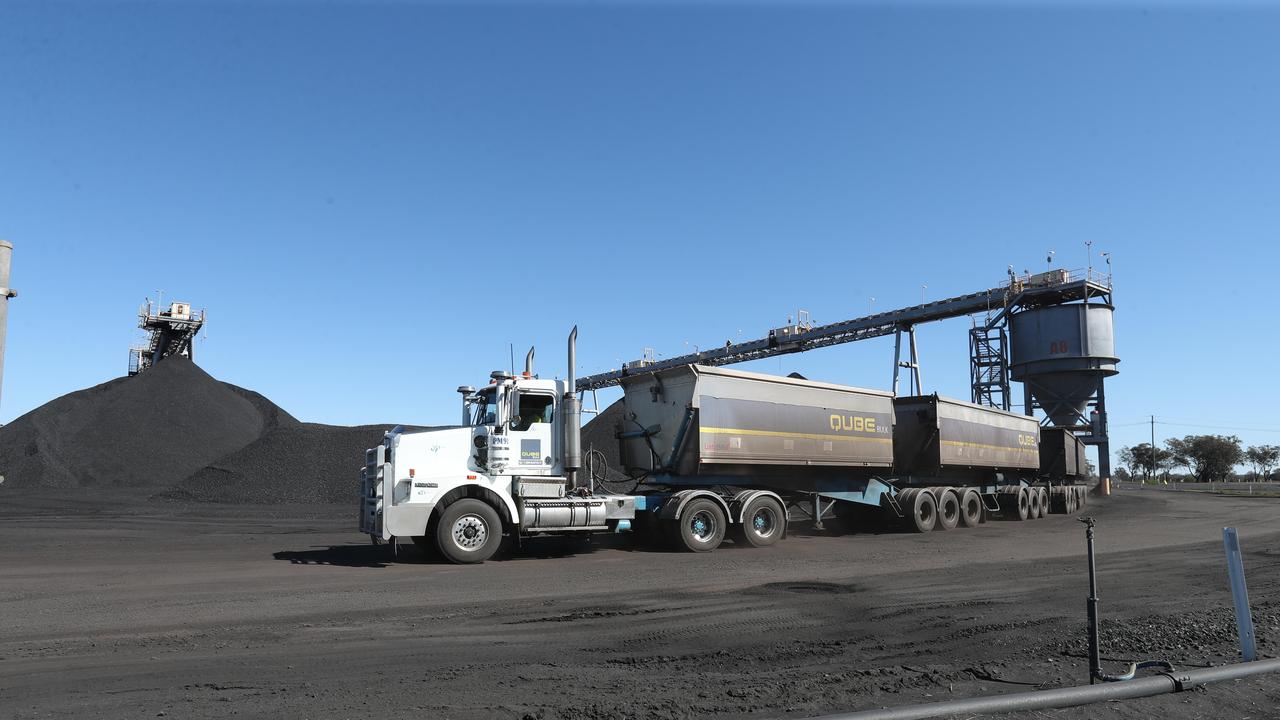Annastacia Palaszczuk under pressure to approve New Acland coal mine
Annastacia Palaszczuk is facing pressure from both sides of politics to approve the New Acland coal mine and save hundreds of jobs.

QLD News
Don't miss out on the headlines from QLD News. Followed categories will be added to My News.
Pressure is mounting from both sides of politics on the Palaszczuk Government to step in and approve the long-delayed New Acland coal mine expansion with hundreds of jobs on the line.
There are calls urging the State Government create new laws protect and push forward with the mine’s expansion, as the Bligh Government did in 2007 with the Xstrata Wollombi mine.
It follows the High Court sending the controversial case back to the Land Court for reconsideration, despite the saga having lasted almost 14 years.

There are fears continued delays could scare off international companies looking to invest in resources projects in Queensland.
But the Oakey Coal Action Alliance, behind the court challenges, say they will continue to fight to “protect water and land … for future generations”.
There are 125 jobs on the line, with the existing operations nearing their end later this year, while the project’s proponents say $7 billion and 450 direct jobs will be created if it goes ahead.
New Hope, the company behind the mine, is seeking an urgent meeting with the Palaszczuk Government, with its CEO Reinhold Schmidt saying the departments had all the information they needed to make a decision.
“What we need from the Government is a road map for how we get the project up and running because more delays equates to more job losses,” he said.
Federal Labor MP Shayne Newman and Senator Anthony Chisholm renewed their consistent calls the state to act to sign off on the project.
Senator Chisholm said a solution was urgently needed in the economic circumstances.
“I have been consistent for years now urging for a solution to be found so that jobs aren’t lost,” he said.
Mr Neumann said urged the Palaszczuk Government to do everything it could to facilitate the expansion.
“There’s billions of dollars and hundreds of jobs on the line here,” he said
Federal Resources Minister Keith Pitt said it was a classic example of activists using courts to delay projects, but there were options available to the State Government to resolve the issue.
“There is an opportunity for Annastacia Palaszczuk to follow the lead of her predecessor Anna Bligh who introduced legislation in 2007 to protect Xstrata’s Wollombi coal mine and the 190 jobs it provided,” he said.
LNP Senator Paul Scarr, who has a business background in developing mining projects overseas, said the ongoing case sent a terrible message to investors.
“If this is the result of the Queensland mining approval process, then the system is broken,” he said.
Acting Premier Steven Miles said the government would be looking at the High Court decision closely and consult with the department.
“We’ll abide by the court decision,” he said.
New Acland mine worker Andy Scouller said he feared there would be more redundancies coming.
“There is life after mining but I guess the frustrating part is that we’re a viable business and employ a lot of people here who contribute to society, and that’s just all going to be wiped out basically with the stroke of a pen,” he said.

OCAA president Aileen Harrison said the judgement was a relief.
“We hope that we can win from here on in and get the mine stopped, so we can save our water and land, and leave it for future generations.”
The High Court on Monday unanimously ruled that the future of the site’s stage three expansion go back to the Land Court for reconsideration, despite what one judge referred to as “the unfortunate history of this appeal”.
The initial hearing in the Land Court was held five years ago, with a new directions hearing set for February 11.
The first hearing lasted 100 sitting days spread over more than a year in what Justice James Edelman referred to in today’s judgment as “the longest hearing in the history of that court”.
The judgement was made on the basis that previous appeals had been impacted by the apprehension of bias from an earlier judgment.




